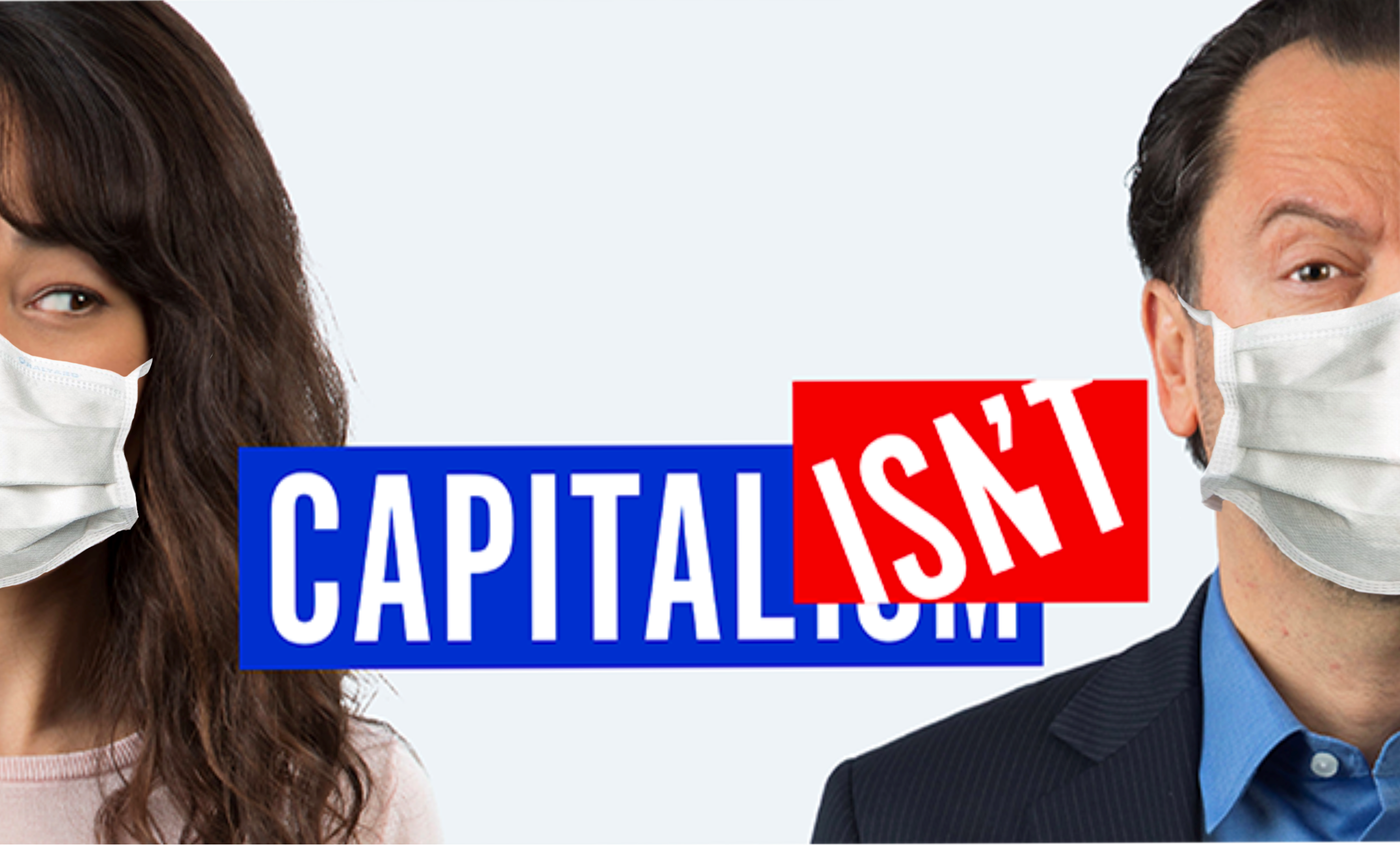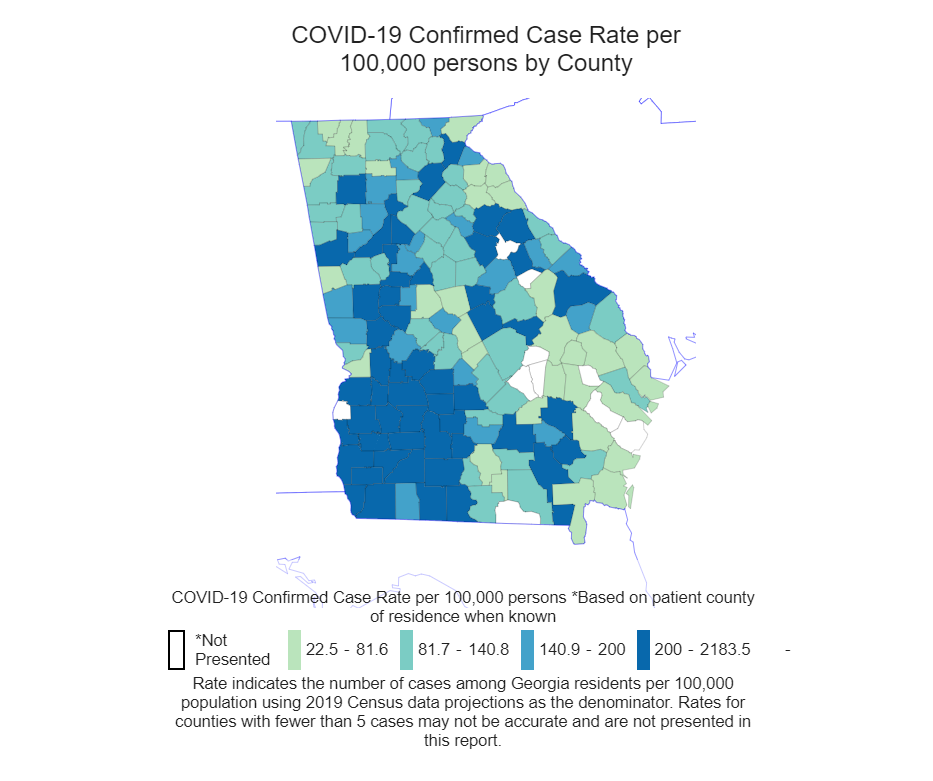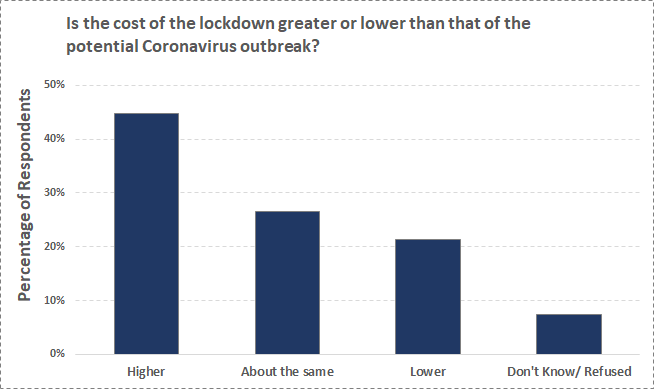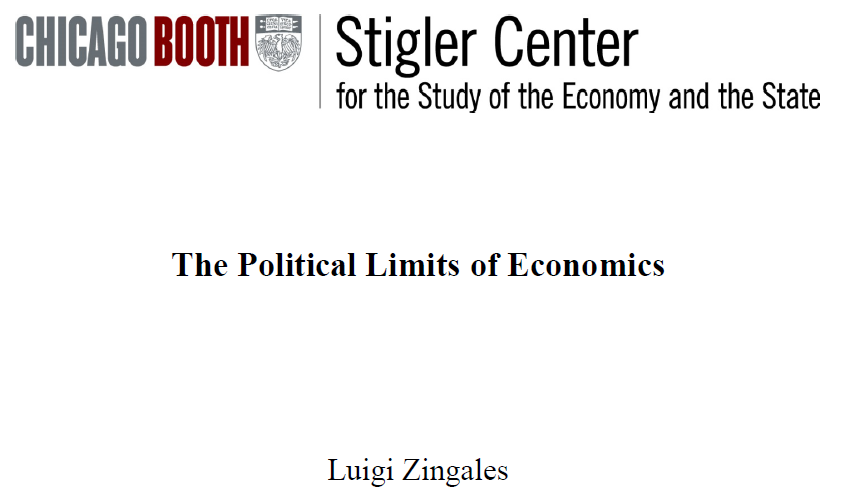Despite warnings from government and health officials, some states are choosing to begin reopening their economies this week by ending lockdown restrictions. In this episode, Luigi and Kate lay out the economic reasons why that could end badly.
Despite warnings from government and health officials, some states are choosing to begin reopening their economies this week by ending lockdown restrictions. In this episode, Luigi Zingales (University of Chicago) and Kate Waldock (Georgetown University) lay out the economic reasons why that could end badly.
Check the official map of confirmed Covid-19 cases in Georgia:
Luigi and Kate discuss the results of the recent wave of the Booth-Kellog Financial Trust Index, a survey on how Americans react to social distancing and shelter in place orders. Click on the figure to read all ProMarket articles on the Financial Trust Index:
Luigi and Kate also mention a recent Beker-Friedman Institute study on the effects of news coverage of the coronavirus pandemic by the two most widely-viewed cable news shows in the United States–Hannity and Tucker Carlson Tonight, both on Fox News–on viewers’ behavior and downstream health outcomes.

In their working paper, Leonardo Bursztyn, Aakaash Rao, Christopher Roth, David Yanagizawa-Drott find that
“greater exposure to Hannity relative to Tucker Carlson Tonight is associated with a greater number of county-level cases and deaths. Furthermore, the results suggest that in mid-March, after Hannity’s shift in tone, the diverging trajectories on COVID-19 cases begin to revert.”
Read the full working paper here.
Last but not least, if you are interested in the debate on who should take sensitive decisions—elected politicians or technocrats—you might find interesting a recent working paper by Luigi Zingales on the political limits of economics:









